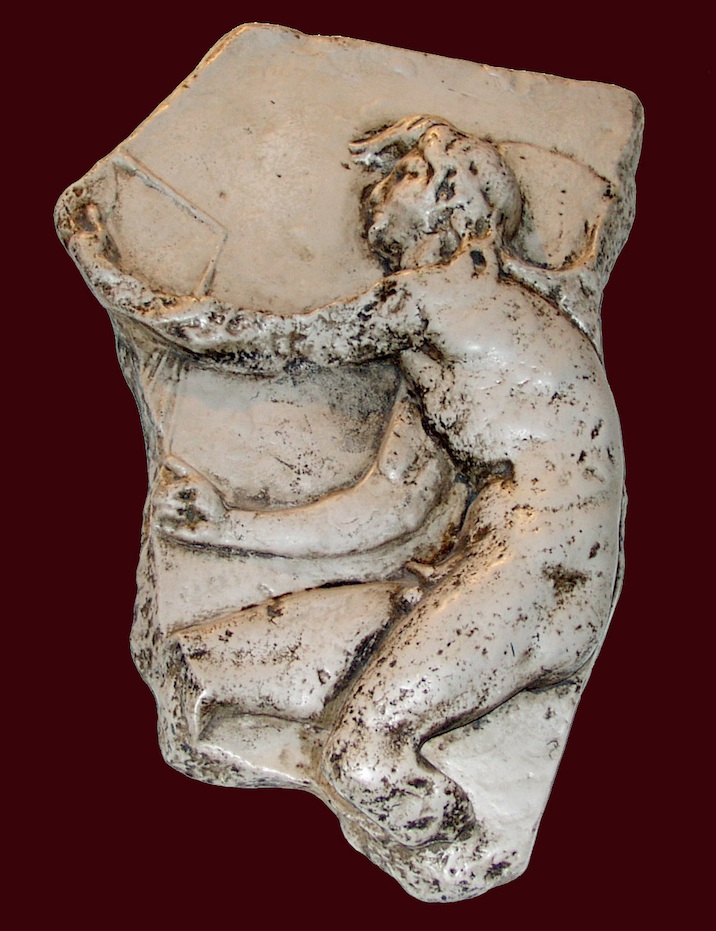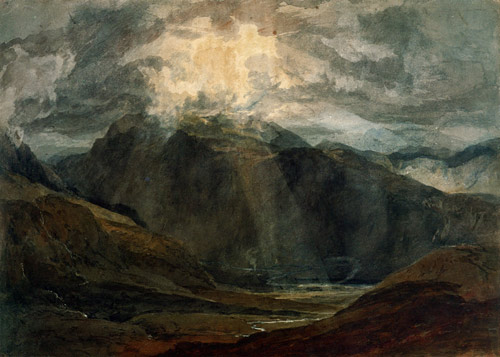Seize the Day

Fragment of a Kairos bas-relief, a copy of a 4th century B.C. work by Lysippus, found in a cloister in Trogir, Croatia.
Life is busy. Are you managing your time well? Are you making a conscious effort to enjoy the moment or maximize every opportunity that comes along?
Ancient Greece was a busy place too.
Lysippus, a prominent Greek artisan in the 4th century B.C. who at one time served as Alexander the Great’s personal sculptor, created a bronze statue of a kairos image that he likely erected in the public square, or agora, outside his home in the city of Sicyon. The statue depicted a young man with a long lock of hair across his forehead and wings on his feet. This statue was probably similar in appearance to later Roman marble bas-reliefs of a kairos creature that are still in extant.
An inscription by a Greek poet named Poseidippus was carved at the base of this statue to explain the sculptor’s intended allegory to all who passed it:
Who and from where is the sculptor?
—From Sicyon.—
And his name?
—Lysippus.—
And who are you?
—Right Occasion (Kairos), the all-subduer.—
Why do you stand on tip-toe?
—I am always running.—
Why do you have a pair of wings on your feet?
—I fly with the wind.—
Why do you hold a razor in your right hand?
—As a sign to men that I am sharper than any sharp edge.—
And why is your hair over your face?
—For the one who meets me to grasp at, by Zeus.—
And why is the back of your head bald?
—Because none whom I have once raced by on my winged feet will now, though he wishes it, take hold of me from behind. The artist fashioned me in such a shape for your sake, stranger, and he set me up in the portico as a lesson. (1)
Such imagery allows us a peek at the Greeks’ original intent for the meaning of kairos within their own cultural context. Kairos becomes a fleeting moment, one that must be grabbed forcefully as it passes. But it is also a dangerous moment, one with razor-thin margins. It is both dangerous to any who are unprepared to meet it and dangerous to those who may be subdued by them who wield it successfully. Even more danger lies in kairos as the fountainhead of regret—once kairos has passed by, opportunity closes its door forever.
By the time of Lysippus and Poseidippus, creating their works at the end of the great Classical Age of Greece, the concept of kairos had come to possess multiple religious, ethical, and philosophical overtones. Though the linguistic term had originally referred simply to any “decisive crucial place or point, whether spatially, materially, or temporally,” (2) kairos had by then become firmly established in the Greek mindset as an ideal to be pursued, much as the Latin phrase carpe diem would later be used by the Roman poet Horace: “While we speak, envious time will have fled; seize the day (carpe diem), trusting as little as possible in a future day.” (3)
Lysippus’s lesson is still relevant today. It’s your time now. Remember kairos. Carpe diem. Seize your day.
(1) Lucia Prauscello, “Sculpted Meanings, Talking Statues: Some Observations On Posidippus 142.12 A–B,” American Journal of Philology, 127, no. 4 (Winter 2006): 513. (2) Ralph W. Harris, ed., The New Testament Greek-English Dictionary, Vol. 13, (Springfield, Missouri, 1990), 213. (3) Horace, Odes IV, 11, 7-8 as translated in Gabriel Adeleye et al., World Dictionary of Foreign Expressions: A Resource for Readers and Writers, (Wauconda, Illinois: Bolchazy-Carducci Publishers, Inc.,1999), 113.

